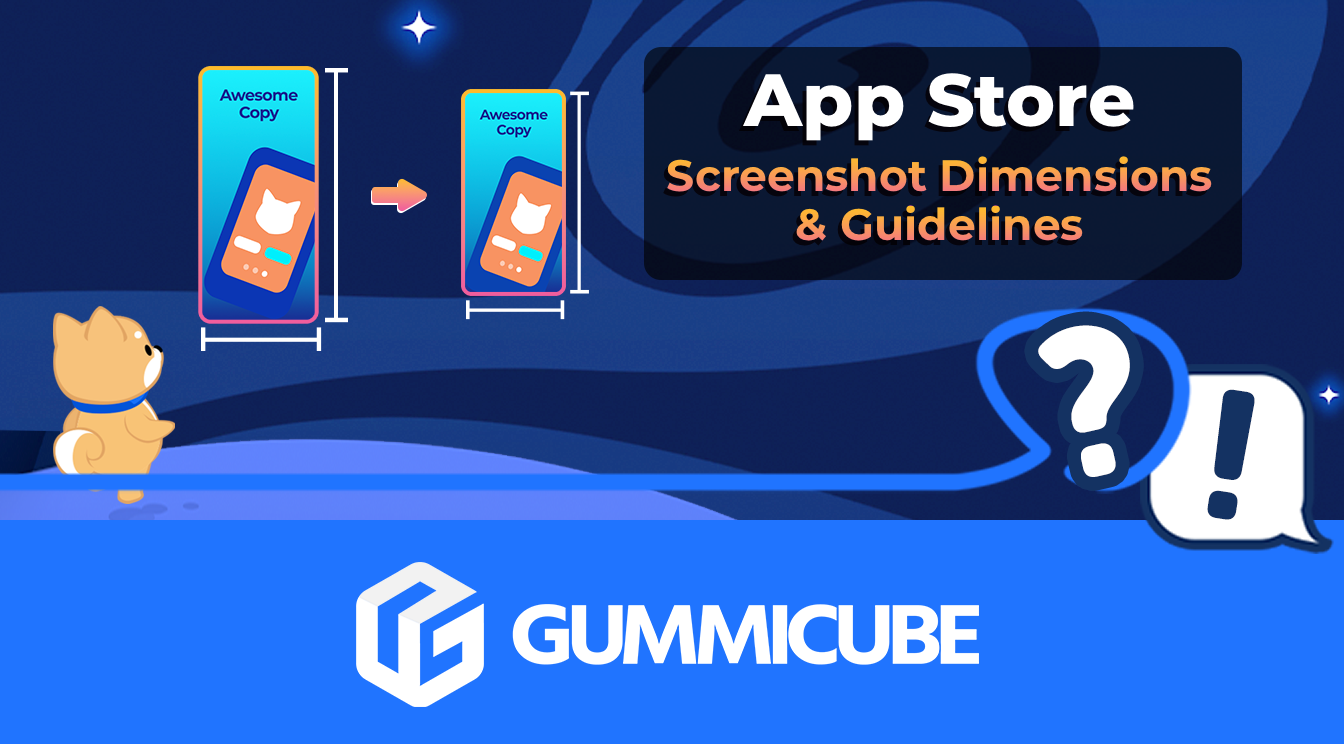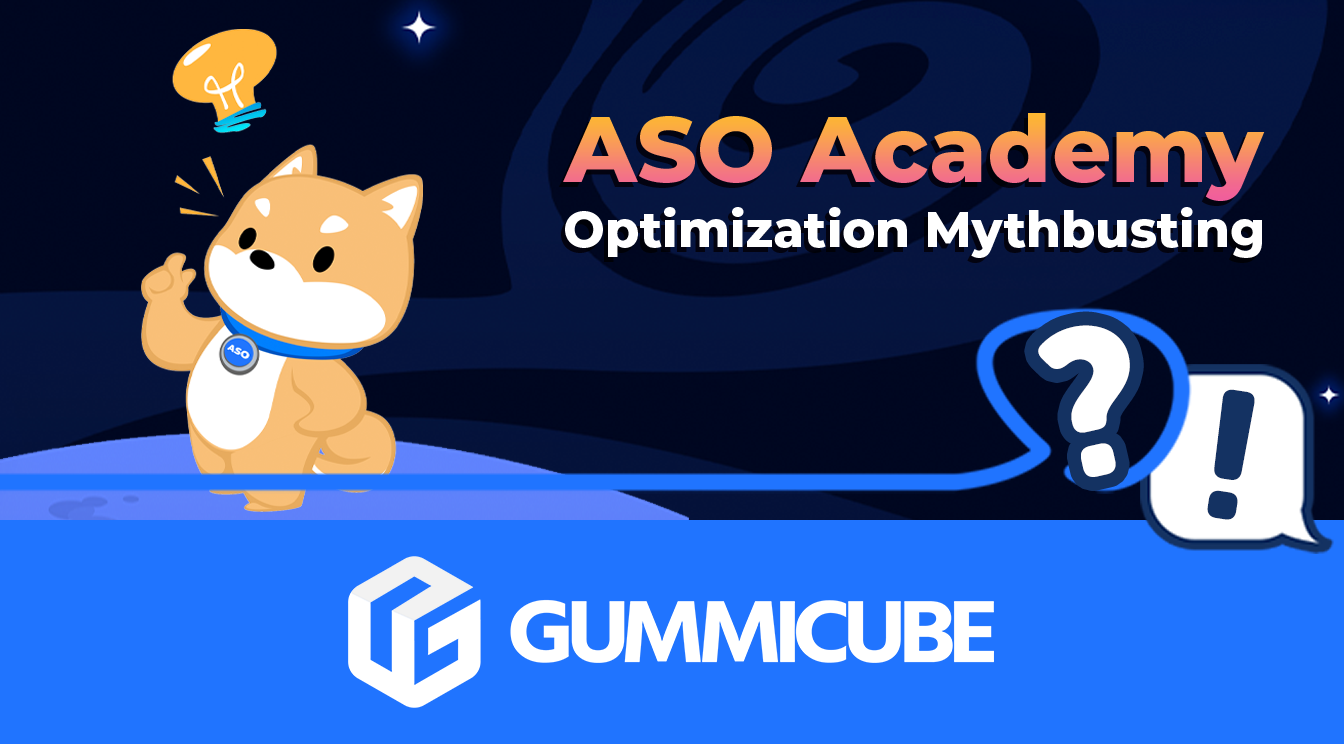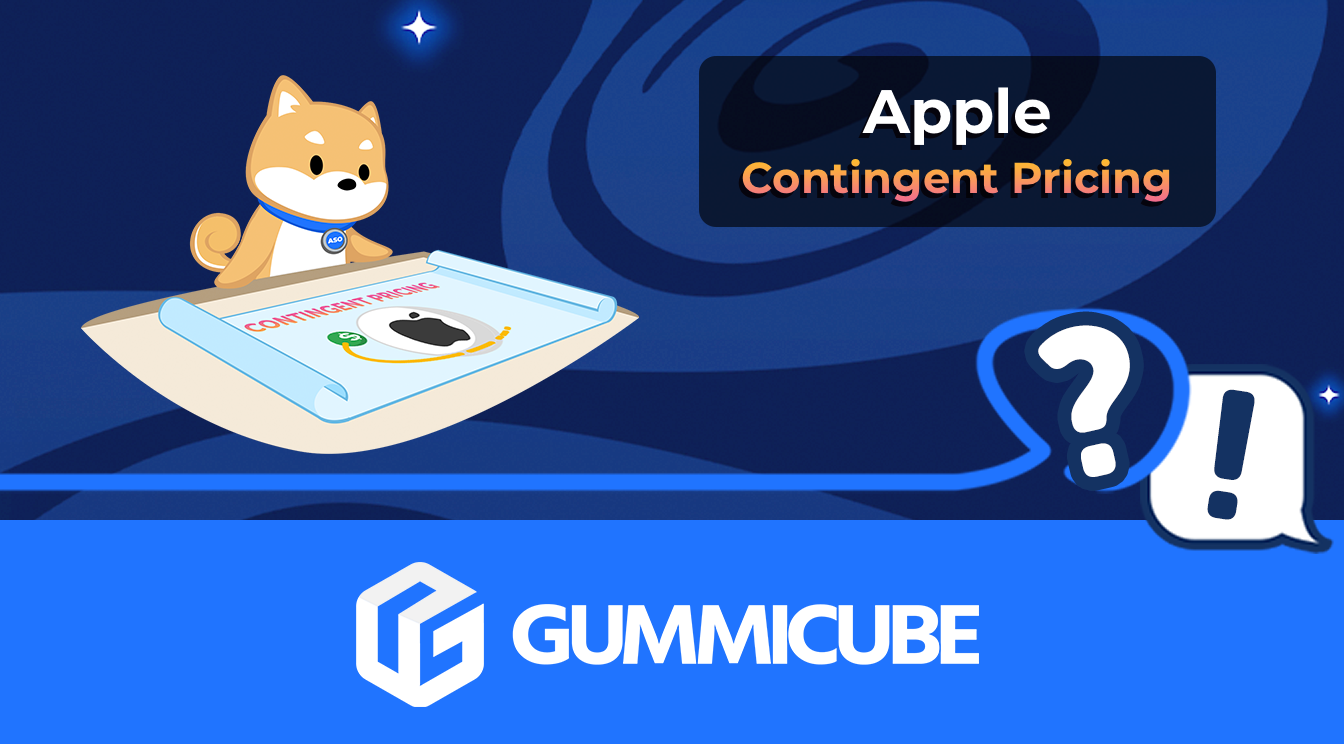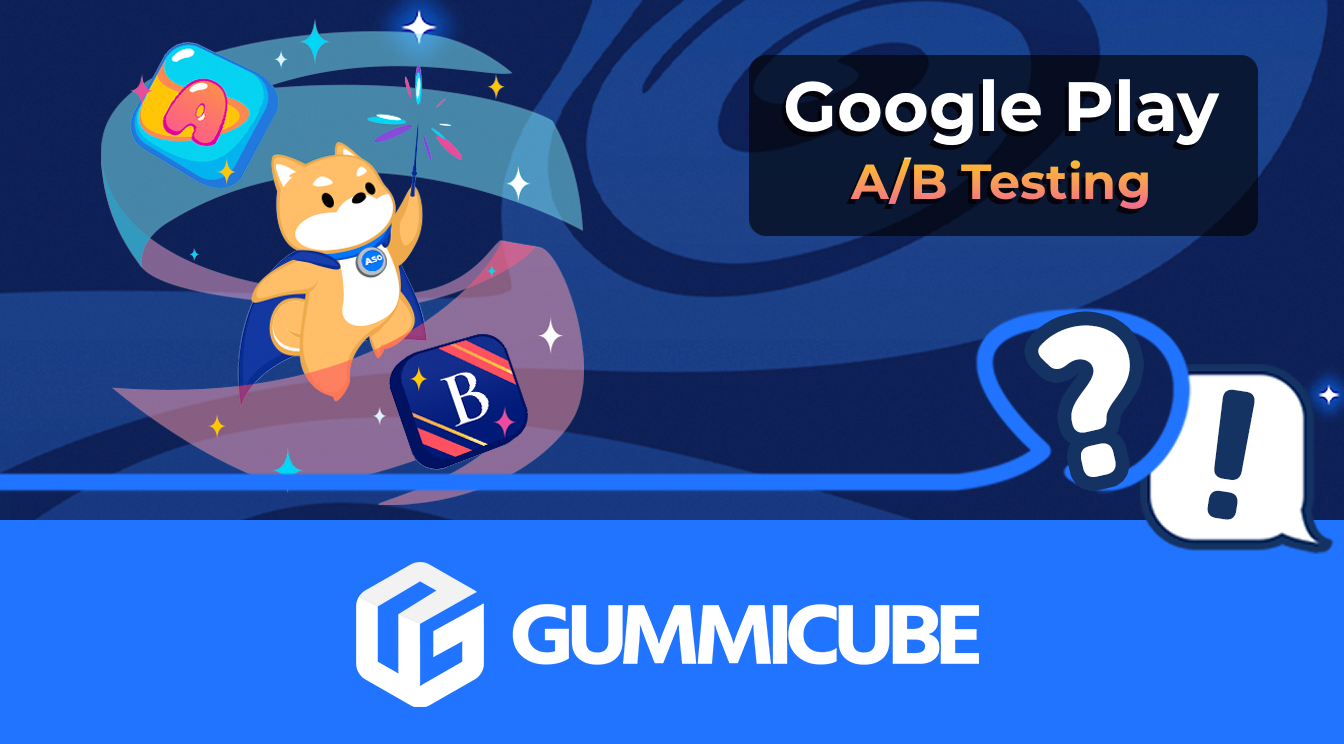
App Store Screenshot Dimensions & Guidelines
Posted on August 1st, 2024
Make sure your app stays compliant with the latest App Store Screenshot Dimensions & Guidelines here

App Store Optimization (ASO) isn’t like any other form of marketing. This makes it unique, but particularly susceptible to misconceptions being used as fact. Commonly held myths stop many developers and mobile marketers from reaching their full potential on the app stores.
In this week’s ASO Academy, let’s play a game of Myth or Fact: ASO edition.
MYTH – App Store Optimization is very different from Search Engine Optimization (SEO). The name often misleads developers to think that the same processes and data suit both platforms. The reality is that App Store Optimization requires a uniquely different approach to targeting and data sources. Web and mobile queries are significantly different from each other, thus the data used to back up both data strategies should account for these differences.
FACT – People often believe that paid search campaigns are enough to sustain and build growth in the app stores. However, many developers often forget that ASO is a necessary step to see a fully-realized paid campaign – regardless of the app store platform.
Why is this? The premise of App Store Optimization is to build relevancy over time, as opposed to more timely “buzz”. Paid search campaigns are meant to give your app a boost in a short period of time. If the app isn’t proven to be “relevant” to the app stores, the results might be lackluster or short-lived.
ASO builds on the relevancy needed to make your return on ad spend worthwhile. Developers must also account for variances in user search behaviors: when and if they are going to be able to recall an app post-paid campaign. Once your paid campaign wears off, will users still be able to find your app on the app store? If there is no organic strategy that builds on discoverability, they might not be able to.
FACT – Both platforms vary in the way important phrases and terms get indexed. On iOS, metadata indexation takes place in the title, subtitle and keyword bank. On Google Play, metadata indexation takes place in the title, short description and full description. To understand how to adjust your ASO strategy for each platform, you must also understand the differences between them.
On both platforms, keyword phrases used in their respective fields impact discoverability and relevancy. The differences between iOS and Google Play, however, prompt developers to initiate different targeting strategies to account for them. ASO technology like DATACUBE helps developers better understand their keyword audiences across both platforms.
**MYTH **– Enterprise or indie, well-established or in pre-launch, ASO can help every app developer establish a strong standing on the app store. Some developers believe that notoriety or external marketing campaigns alone will boost their app to prolong success. Reversely, some developers might not understand how the process of optimization works in building sustained growth on the app stores.
Regardless of a developer’s standing, ASO is not only attainable but necessary to successful mobile marketing. Our ASO company has helped tens of thousands of developers from large and small enterprises build their presence in the app stores. For any mobile marketing endeavors down the line, ASO is foundational to their success.
There’s a lot of information available about ASO, but not all of it may be accurate. The better informed your ASO strategy is, the better you’ll grow.
Want to learn more about App Store Optimization? Contact Gummicube and we’ll help get your strategy started.

Make sure your app stays compliant with the latest App Store Screenshot Dimensions & Guidelines here

Soon developers will be able to extend their customer lifetime value with a handy new way of providing subscription offers directly through Apple. Contingent Pricing looks to act as a revolutionary new system for leveraging new upsell & cross-sell opportunities all within Apple’s ecosystem.

Have you ever A/B tested your Google Play listing? If not, you're probably navigating the Play Store marketing blind, and leaving valuable installs on the table.